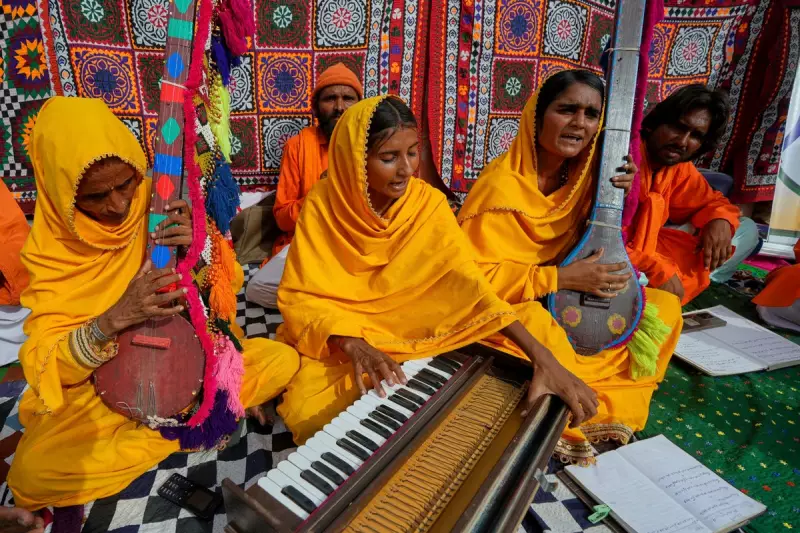
Thousands of villagers in Pakistan's Sindh province are enduring extreme water shortages, with many forced to travel miles daily to fetch even the most basic supply. The crisis, exacerbated by prolonged drought and government inaction, has left entire communities without reliable access to clean drinking water.
Local residents describe the situation as dire, with women and children bearing the brunt of the hardship. "We spend hours each day searching for water," says one villager. "Our crops have failed, and our livestock are dying."
Government Response Falls Short
Despite repeated appeals, provincial authorities have yet to implement long-term solutions. Temporary water tankers provide sporadic relief, but villagers argue these measures are insufficient. "Promises are made, but nothing changes," complains a community leader.
Health Risks Escalate
Medical professionals warn of growing health concerns as people resort to consuming contaminated water. Cases of waterborne diseases have surged, particularly among children and the elderly.
- Over 200 villages affected in southern Sindh
- Average daily water collection time now exceeds 4 hours
- Agricultural output down by 60% in affected areas
The crisis highlights deepening inequalities between urban and rural Pakistan, with campaigners accusing officials of prioritising cities while neglecting countryside communities.





